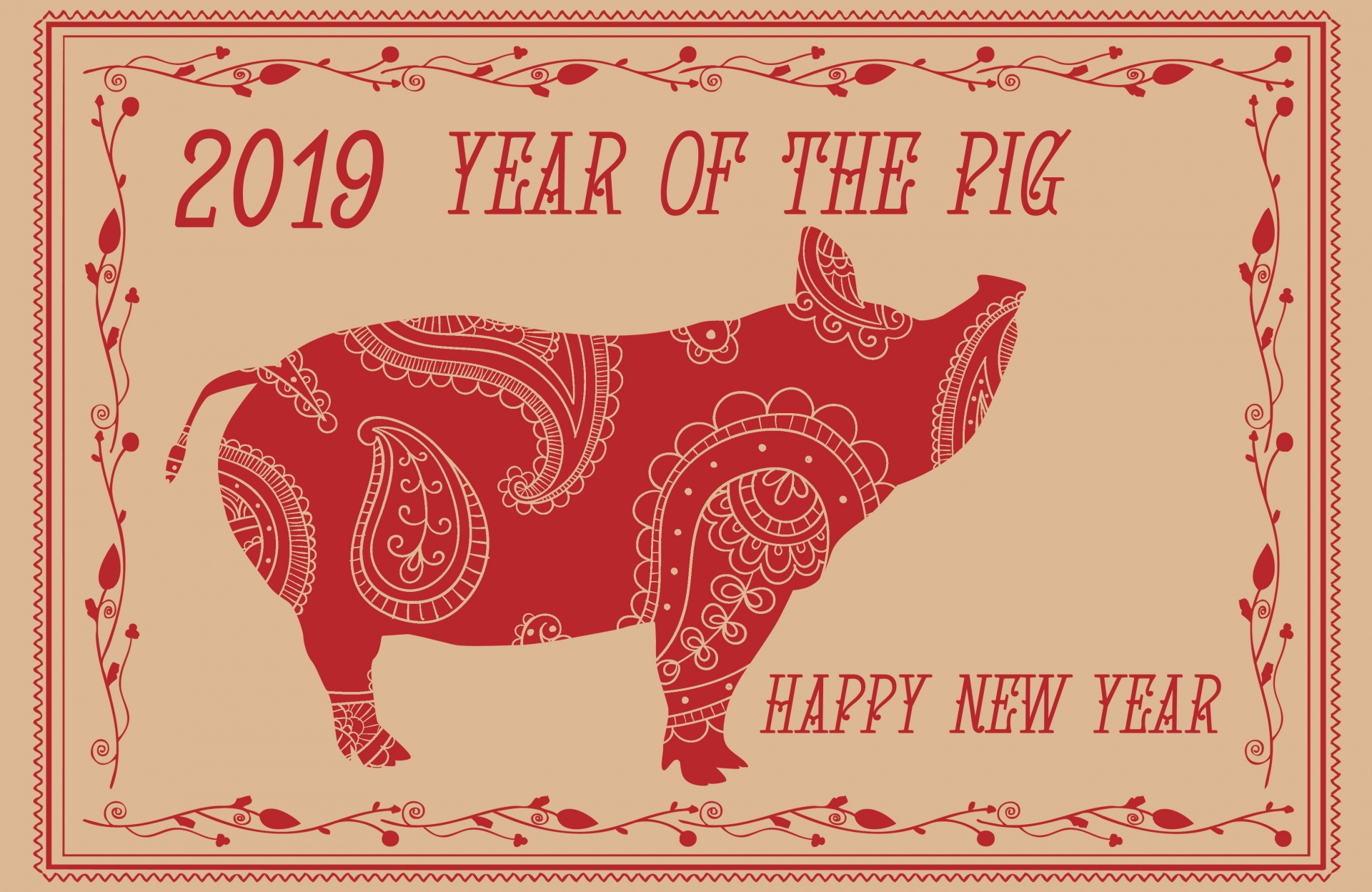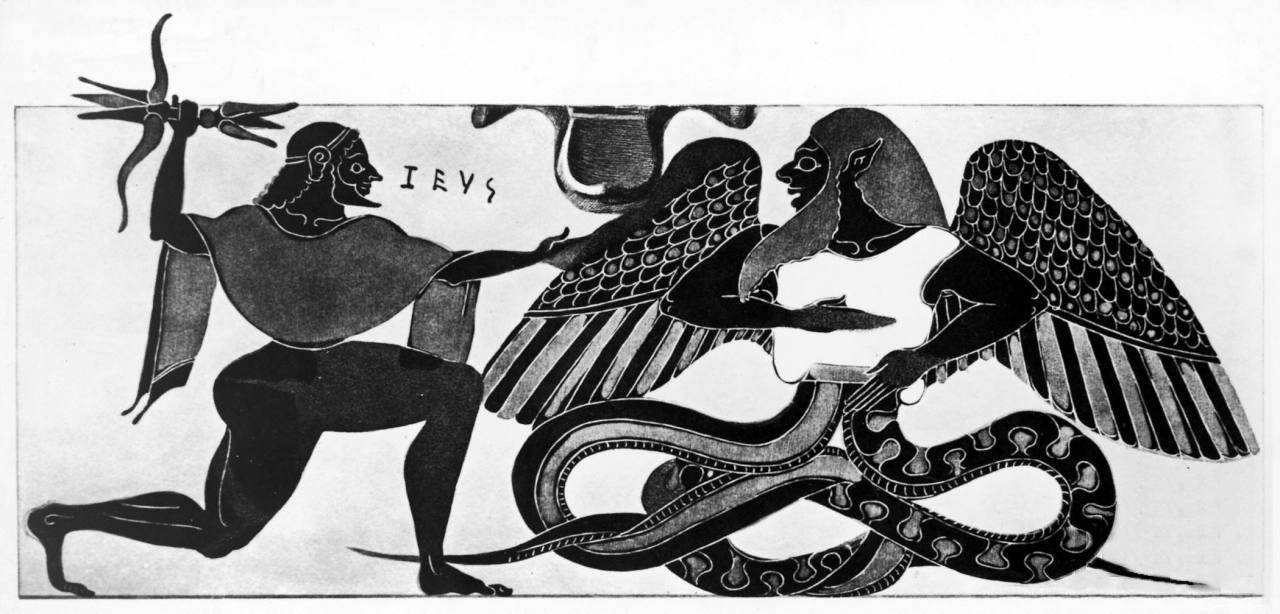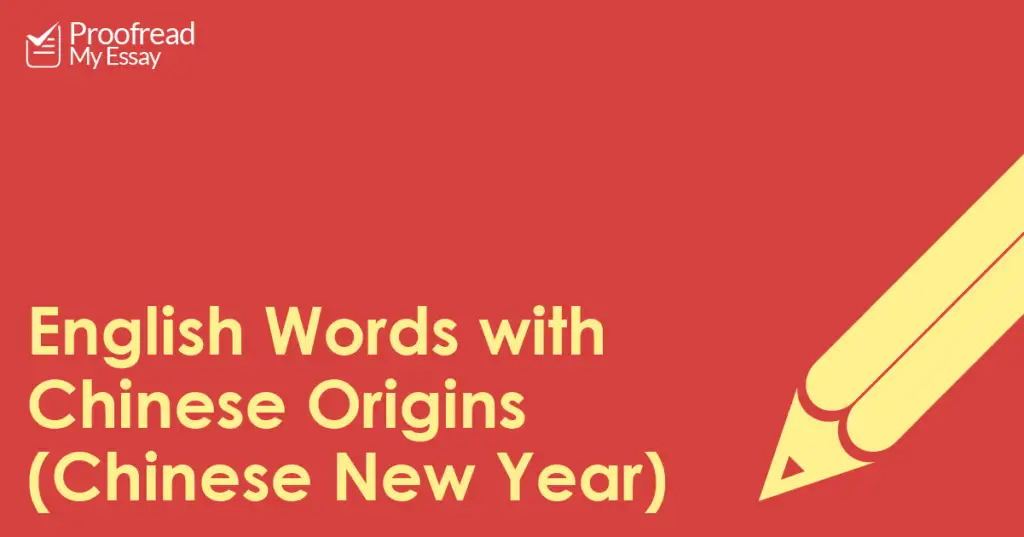For Chinese New Year 2019 (the Year of the Pig, no less), we thought we’d look at some English words that have roots in Chinese languages.
Many words we’ve picked up from Chinese are obvious because we still associate them with Chinese culture or food, such as ‘kung fu’ or ‘wok’. Here, though, we’re going to look at some words you might not know have Chinese origins.

(Image: Karen Arnold/Public Domain Pictures)
1. For All the ‘Tea’ in China
Tea comes from China. It may not be surprising, then, that the word ‘tea’ comes from the Chinese character 茶, which is pronounced te in Min Chinese, in particular in the in the coastal province of Fujian. Historians therefore suspect that te spread via sea traders to other coastal areas, eventually leading to the English word ‘tea’ (as well as té in Spanish and tee in Afrikaans, among others).
But the story doesn’t end there. Another Chinese word for ‘tea’ is pronounced cha. This spread to other parts of the world, becoming chay in Urdu, shay in Arabic, and even the English dialect word ‘char’. So, no matter where you travel, if you order a cup of tea in the local language, you will likely be drawing on a Chinese term!

(Photo: Wilerson S Andrade/flickr)
2. Ketchup and Catsup
Most people probably assume that tomato ketchup has origins in America, the home of fast food. But the words ‘ketchup’ and ‘catsup’ come from the Hokkien Chinese term kê-tsiap (鮭汁). So, is ketchup Chinese? Not quite.
Kê-tsiap is a sauce made from fermented fish. It was only when English and American people got their hands on the recipe that it eventually transformed into the sweet tomato sauce we now use on chips. Nevertheless, while the recipe has changed, we’ve kept using ‘ketchup’ and ‘catsup’ to refer to this sauce in English.
3. Chops and Chows
The words ‘chop’ and ‘chow’ appear in a few English terms with Chinese origins.
For example, ‘chop chop’ (meaning ‘hurry’) is a pidgin English version of the Cantonese chok chok. This may also be the origin of the ‘chop’ in ‘chopsticks’.
Find this useful?
Subscribe to our newsletter and get writing tips from our editors straight to your inbox.
One theory behind the English word ‘chow’ (meaning ‘food’), meanwhile, is that it comes from the Chinese word ch’ao, which literally means ‘to stir fry’. This is why we see it in ‘chow mein’, a Chinese dish of stir-fried noodles.

(Photo: brando/flickr)
4. Chinese Pidgin English
We mentioned Chinese pidgin English above. This is a version of English spoken in areas where Chinese is the main language or where Chinese has a big influence. But it is also the origin of certain phrases now commonly used in English.
As well as ‘chop chop’, for example, the phrases ‘no can do’, ‘long time no see’ and ‘look-see’ were all influenced by Chinese. They may even have begun as mocking imitations of Chinese pidgin English. Some people therefore consider their origins offensive, so be careful about how you use these terms.
5. Typhoons and Tycoons
‘Typhoon’ (a strong wind) and ‘tycoon’ (a wealthy business person) look similar in English, which is partly because both have a Chinese influence in their pasts.
‘Typhoon’, for example, comes directly from the Chinese Cantonese tai fung, which literally means ‘big wind’. In English, this got combined with Typhon, an ancient Greek monster known as the ‘father of winds’, to become ‘typhoon’.

‘Tycoon’, meanwhile, comes from the Japanese word taikun, meaning ‘great lord or prince’. But the Japanese word is a combination of the Chinese words tai (great) and kiun (lord). Here, then, we see that the ‘ty-’ in ‘typhoon’ and ‘tycoon’ comes from the Chinese word tai in both cases. A truly ‘great’ etymology!
Expert Proofreading Services
Proofed would like to wish our customers a very happy Chinese New Year. And if you need anything proofreading in the next twelve months, don’t forget that our experts are available 24/7! Sign up for a free trial today to find out more.



